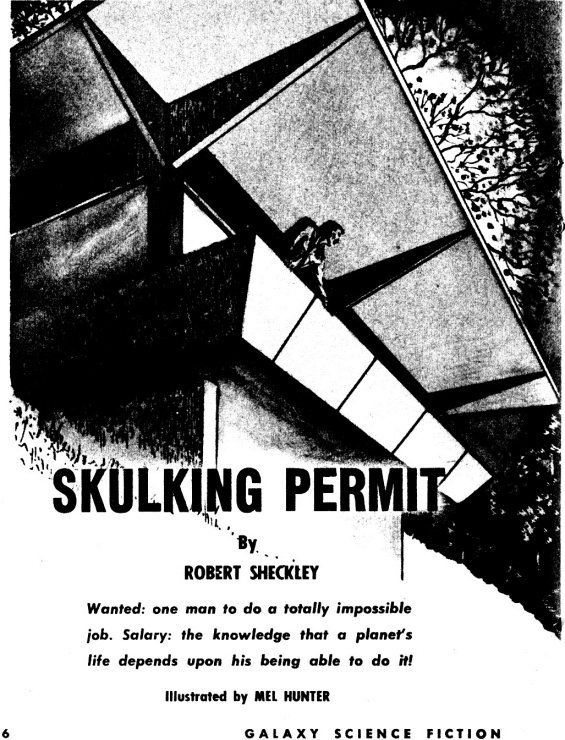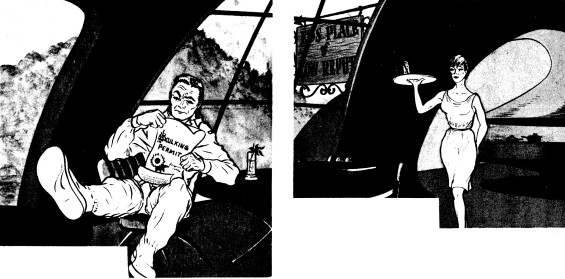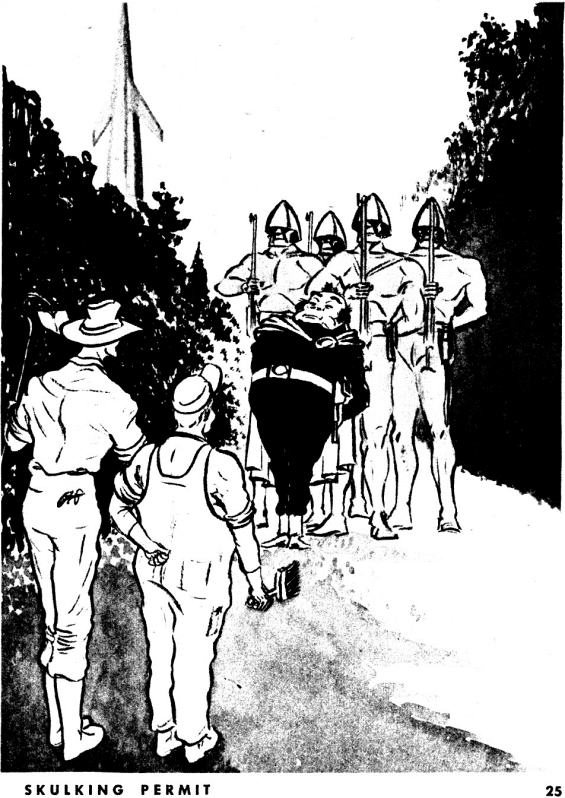


 I’ve just finished listening to the new BBC Radio 4 Classic Serial adaptation of Gulliver’s Travels. And now I must tell you that this version, written by Matthew Broughton and directed by Sam Hoyle for BBC Cymru/Wales, is one the finest radio drama adaptations of any book that I’ve ever heard!
I’ve just finished listening to the new BBC Radio 4 Classic Serial adaptation of Gulliver’s Travels. And now I must tell you that this version, written by Matthew Broughton and directed by Sam Hoyle for BBC Cymru/Wales, is one the finest radio drama adaptations of any book that I’ve ever heard!
It’s stupendous! Of course the acting is wonderful, it’s BBC, and the sound design is unimpeachable, it’s BBC, but it’s the writing, the choices made in what to keep and how to play it, the particular attention to the audio medium that makes this version of Gulliver’s Tavels so magnificent. The three hour production allows for a much richer experience. I found myself curious, surprised, and delighted in each of the three episodes.
Here’s a snippet of Laura Pledger’s review from the Radio Times:
“this is a rollicking adventure awash with humour, taking potshots at everything from the Brits abroad to politics — shots that hit their targets as accurately as Lilliputian arrows skewer a man-mountain.”
I think she’s totally underselling it. I was fully submerged into the world of the play, variously laughing and frightened. The interweaving of the audio and the visuals they conjured up in me made this the best audio experience of my year so far.
Part of my amazement comes from my recent close familiarity with the the novel. Over the years I’d read plenty of the adaptations, seen the parodies, collected the comics, watched the movies, even heard radio dramas. They were alright, but I really didn’t know what I was missing until I compared them with the original text. Which I did just over a year ago when we talked about the book itself, in The SFFaudio Podcast #094.
The problem with all the adaptations, abridgements, and movies is actually addressed in this production in a terrific framing story.
To fully appreciate the magnificence of this adaptation I recommend you too first experience the unexpurgated original text.
And if you do I am confident that you will be then very well placed to see just how marvelous an adaptation this three part, 170 minute, production is.
The entire three part serial is available via |TORRENT| at RadioArchive.cc.
Episode 1 – Broadcast February 5, 2012
Gulliver is shipwrecked on the Island of Lilliput where the natives are tiny people living in a miniature society. With his unique overview of this realm, Gulliver discovers a world of petty politics and small minds. Coerced into a war between two nations who disagree on the best way to eat boiled eggs, Gulliver finds himself betrayed by friends and battered by enemies – escape is his only option if he wants to survive! Gulliver’s adventures in Lilliput are hilarious, disturbing and profound. This is a story of dishonest politicians, mindless ceremony and wars based on unconvincing arguments. A satire as potent now as it ever was! Gulliver’s Travels quickly became a classic. The book has become not only the defining work of its author but also of its genre – a landmark in English Literature to which all satirists today can trace a heritage.
Episode 2 – Broadcast February 12, 2012
Gulliver’s adventures continue when he finds himself in Brobdingnag – a land where the inhabitants are enormous! Here, as a miniature man, Gulliver must fight for survival against rats the size of dogs, a dwarf who is 40 foot high, and the ridicule and humiliation of a scornful court. With his uniquely close-up view, Gulliver sees the people (even the great beauties) as if under a microscope – and they are dirty, stinking and disgusting. He becomes increasingly horrified by humankind, stranded in a frightening land where his only ally is an innocent child. Once again, escape is imperative – if he doesn’t, he won’t survive… As an exploration of of man’s vanity and complacency, Gulliver’s second voyage is an acute satire – as relevant today as ever. Beyond that, it is also a rattling good adventure story – a man lost, swashbuckling his way through manifold giant-sized dangers, desperate to find a way back home.
Episode 3 – Broadcast February 19, 2012
The last voyages of Jonathan Swift’s story are the lesser told. Gulliver finds himself on the floating Island of Laputa, where he encounters mad scientists and the terrifying ghosts of the great and the good. He flees from these intellectual and spiritual horrors, only to finally find a kind of Eden with the Houyhnhnms, a race of intelligent and gentle horses. However, in this land, humans – or as they are called, the ‘Yahoos’ – are considered vermin. The dark and traumatizing experiences Gulliver has in this land change his life (and his wife and family’s lives) forever. With the satire here focused on crazy scientific experimentation, superstition, and finally spiritual desolation – Gulliver’s Travels is as modern and potent now as it has ever been.
Cast:
Arthur Darvill as Gulliver
Matthew Gravelle
Sam Dale
Bethan Walker
Judith Faultless
Richard Nicol
Chris Pavlo
Claire Cage
Lynne Seymour
Gareth Pierce
Ewan Bailey
Phoebe Waller-Bridge
Posted by Jesse Willis

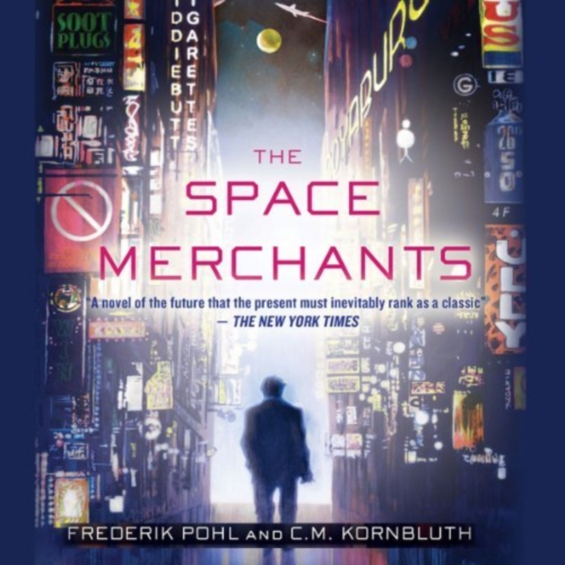



 I’ve just finished listening to the new BBC Radio 4 Classic Serial adaptation of Gulliver’s Travels. And now I must tell you that this version, written by
I’ve just finished listening to the new BBC Radio 4 Classic Serial adaptation of Gulliver’s Travels. And now I must tell you that this version, written by 
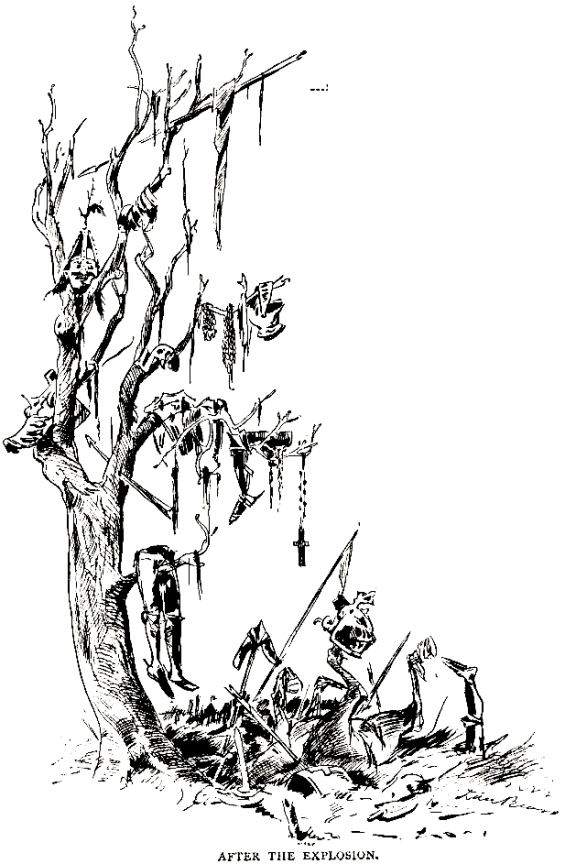
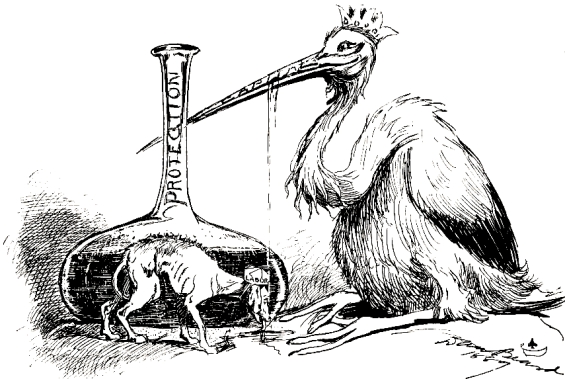
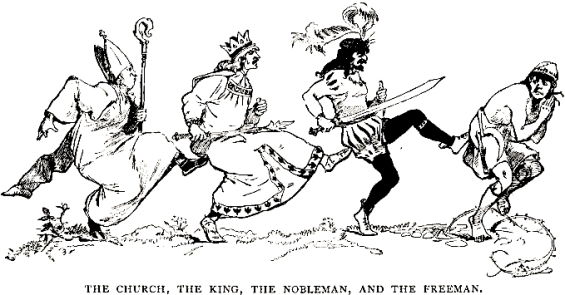
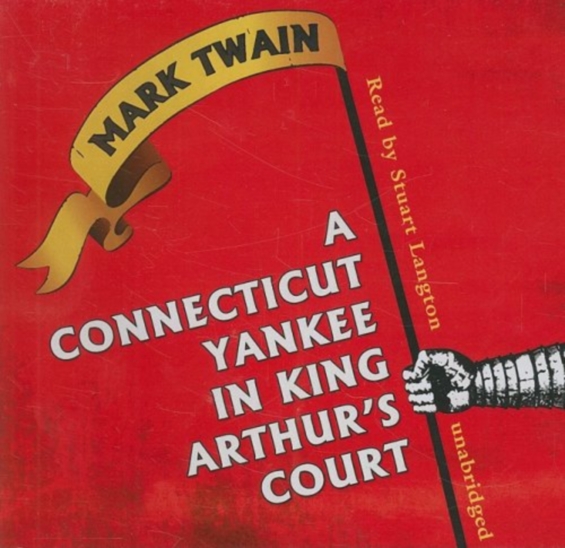



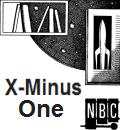 X-Minus One – Skulking Permit
X-Minus One – Skulking Permit